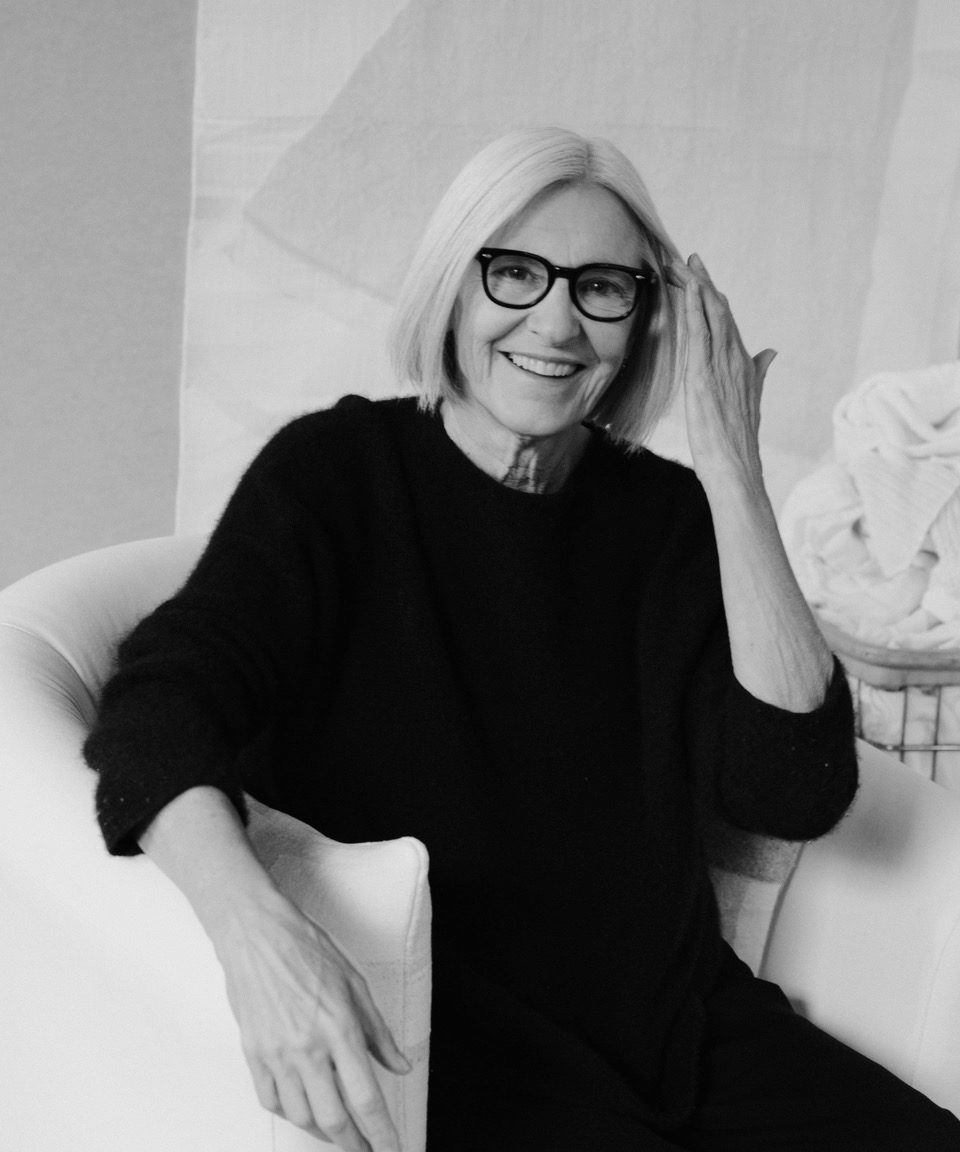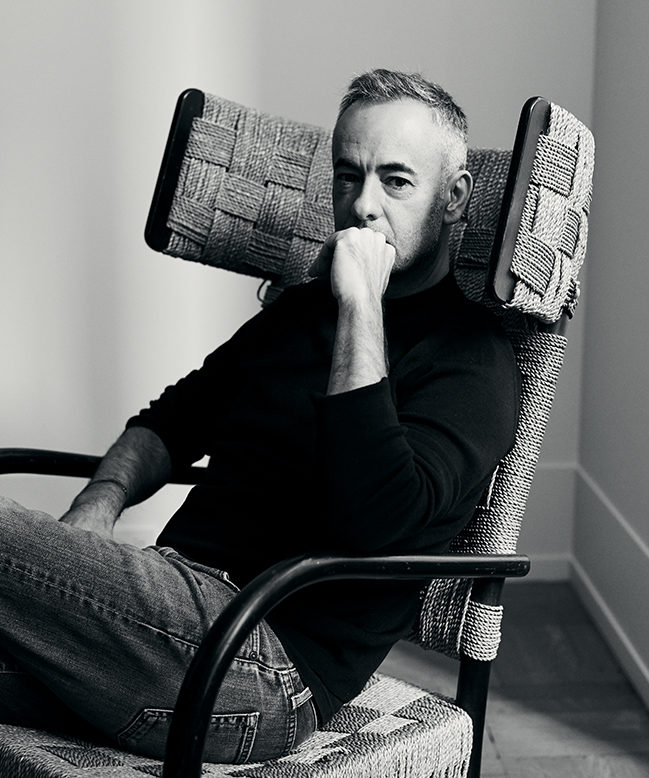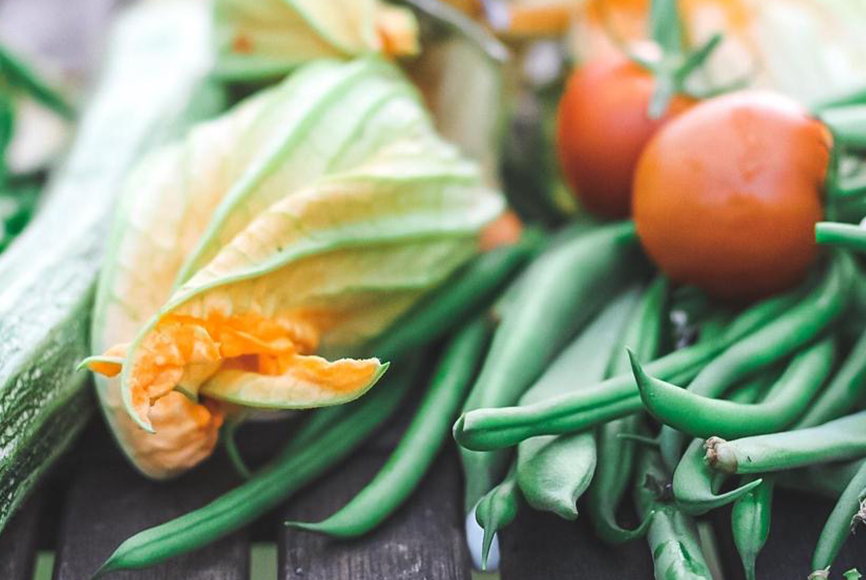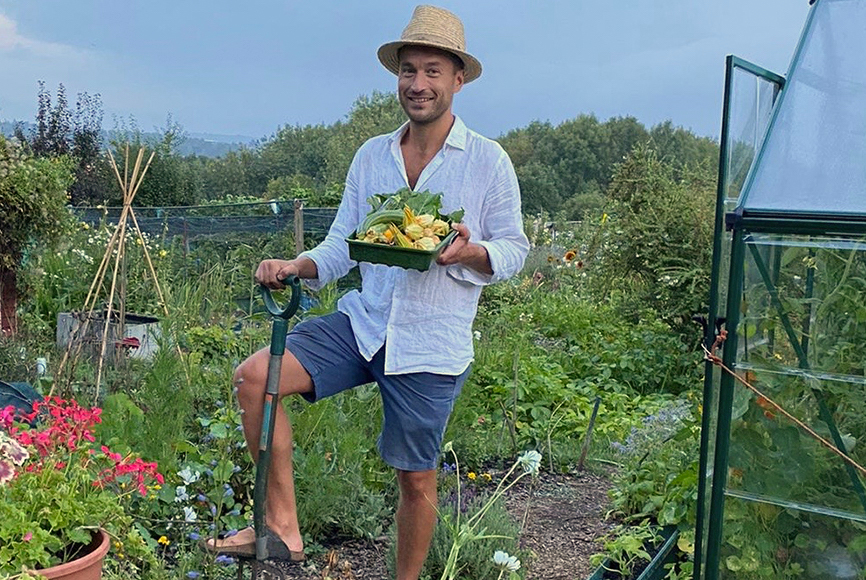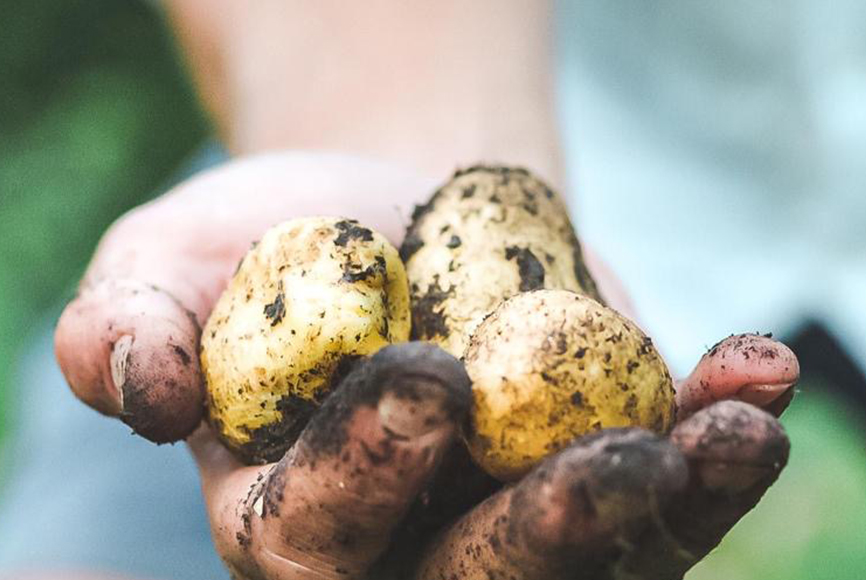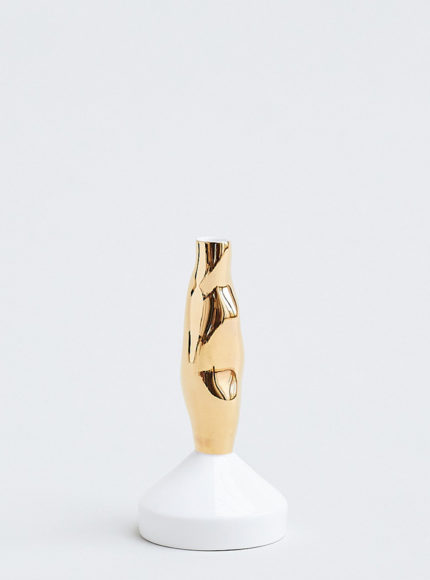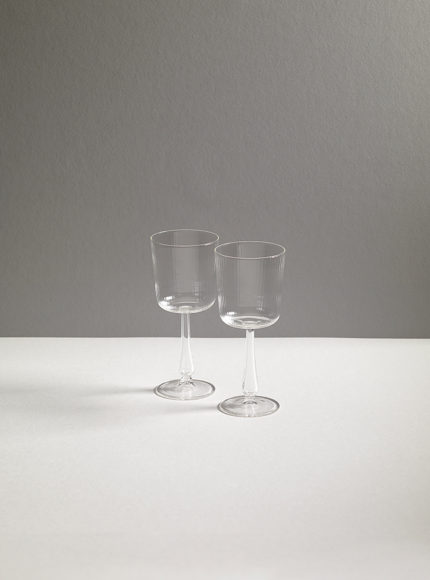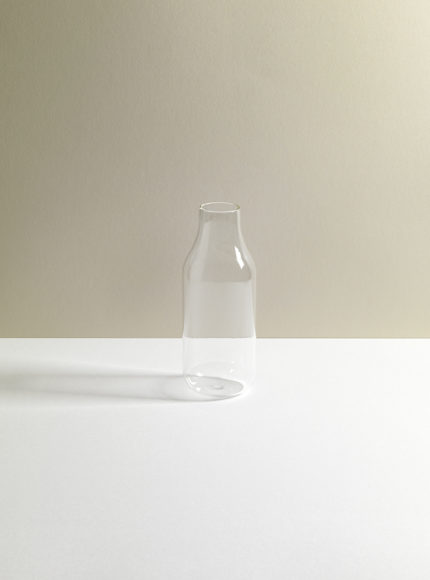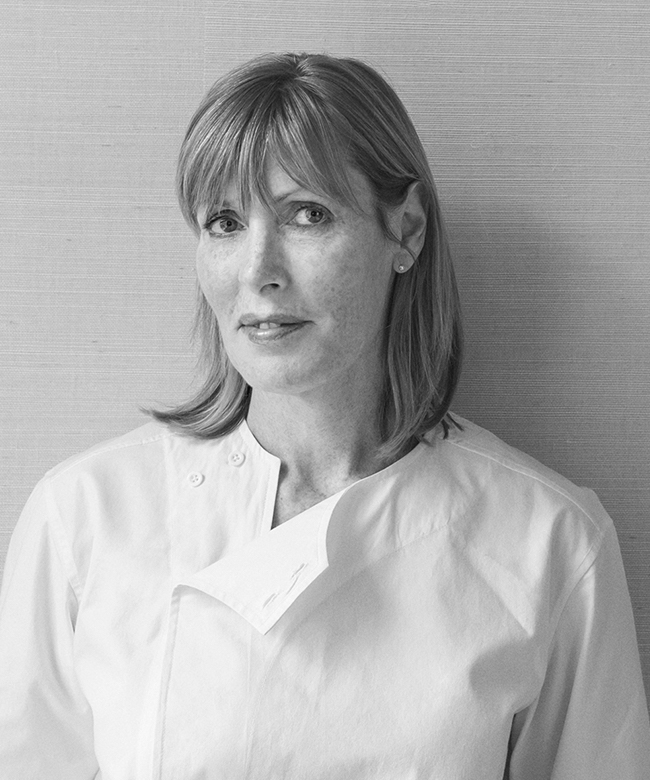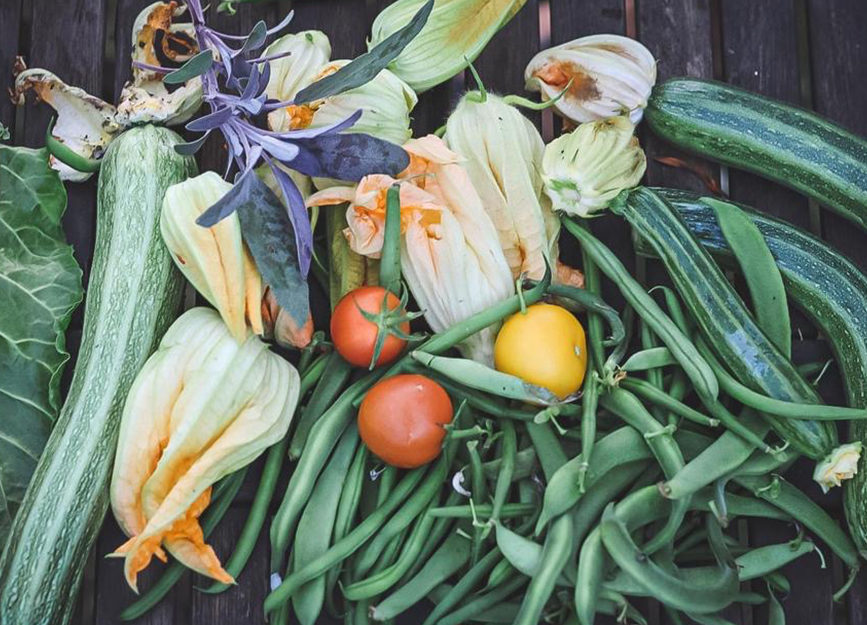

Organic produce captured by @corrado.bellini
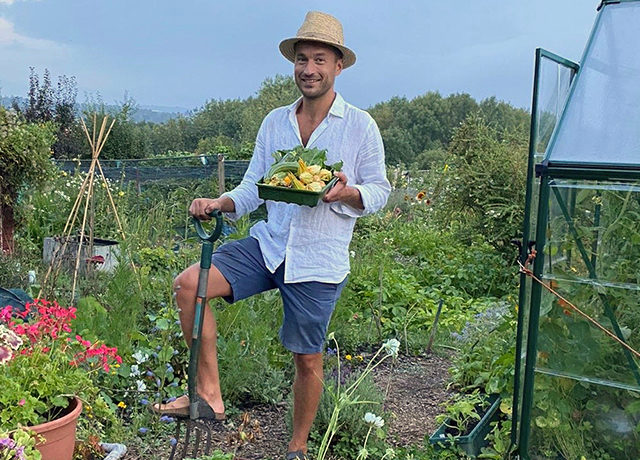

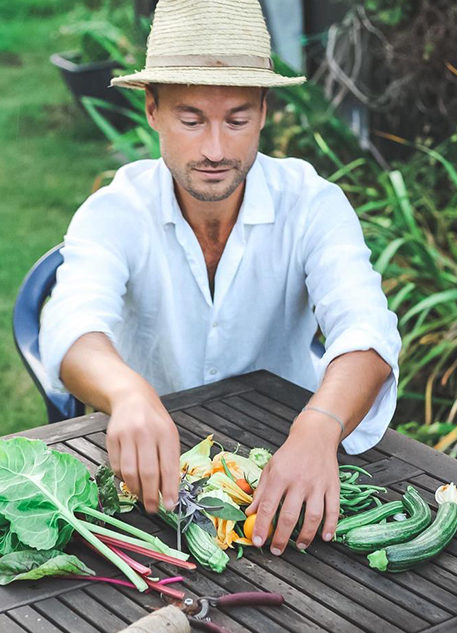

@robertmanngarden by @corrado.bellini
Food & Garden
Organic September: Why Should We Eat Organic?
This month at REV we are joining the #OrganicSeptember movement – a wonderful initiative set up by The Soil Association celebrating all things organic from farming to clothing, beauty and gardening. Opting for organic is something we are extremely passionate about. Organic crops are grown in a way that is better for people, animals and wildlife, and respects the natural environment! In this editorial, our Food & Garden Editor, Robert talks us through Organic September, what organic means exactly and why choosing organic is so important for the health of our planet.
What is Organic September?
Organic September is a wonderful exploration of all things organic, running throughout the whole month of September by the Soil Association, celebrating organic farming, sustainable gardening, food, beverage, beauty products, home accessories and clothing.
This year’s Organic September is a brilliant opportunity for us to talk and learn more about the food we eat and organic farming. Food is an issue we have discussed at length. Learn more about organic food by listening to our podcast episode with chef and organic food champion, Skye Gyngell.
For us, taking the time and the responsibility to know how and where our food comes from (as well as what we source) is vital to our health and well-being and of that of our plant. It is therefore of paramount importance that we show real interest and fully understand how the food we source has grown and what it has been through before its arrival into our kitchens and on our plates.
What exactly does organic mean?
‘Organic’ is simply a farming system involving agriculture methods for growing plants, vegetables, fruits as well as livestock without the involvement of chemicals, pesticides, fertilisers, genetically modified/manipulated organisms, growth hormones or antibiotics. This is based on certain ecological principles such as maintaining the relations and interactions between organisms and their environment, natural pest control, crop rotation, green manures and compost, and mechanical cultivation.
Organic gardeners and farmers follow a holistic system approach to growing which considers the entire eco-system, from the health of the soil to that of the farm animals to the health of people, nature and the planet [source: Soil Association].
“Going organic is a simple change we can all implement in our daily lives, placing sustainability and consciousness at its core.”
Organic and Sustainable Living
The 2020 global health pandemic of Covid-19 has caused the world to pause, and during this moment of collective standing still, it has allowed us to ask some pretty “big” questions. One of these questions has been our need to know more about our food. Our complacency with the conventional food systems and food-related health safety have been irreversibly shaken. Therefore, we are wanting to enable our community to feel more empowered to ask the right questions, to demand and eventually make the right food choices for the future, as we can’t simply contemplate going back to our old ways, without making some informed and conscious decisions about the food we purchase and consume and the impact it’s having on our bodies and our environment.
Over these last few months it has drawn many of us to ask questions such as who is our preferred supplier? Where is our food coming from? Who made or grew it and how was it produced? Realising perhaps that we rarely wonder what exactly we feed our bodies or how lucky we are to live nearby local farmer markets, independent shops and grocers. Ironically, that led to a significant increase in the interest of growing vegetables and home cooking; so there’s never been a better time to discuss the benefits of organic farming and what organic is with our communities.
Going organic is a simple change we can all implement in our daily lives placing sustainability and consciousness at its core for we firmly believe working together harmoniously with nature is the key for a healthier and happier state of being and a more promising future for our plant and the next generations to come.
“Choosing organic is an easy way to limit your exposure to pesticides, herbicides and many other additives and preservatives”
Why is organic better for our health?
Eating organic means we are consuming foods that are purely natural, more nutritious with higher levels of vitamins, and free of pesticides, hormones and the likes.
In organic farming, all weed killers are banned by the Soil Association, while organic farmers are still able to use a very limited number of naturally derived pesticides like citronella and clove oil, as a last resort, under very restricted circumstances.
Choosing organic is an easy way to limit your exposure to pesticides, herbicides (weed killers) and many other additives and preservatives since certified organic food, including fruit and vegetables, processed food and dairy and meat products, will, overall contain less pesticides [source: Soil Association].
What does choosing organic have to do with climate change?
Choosing organic means we are helping to protect and encourage wildlife. It also helps mitigate climate change by reducing pollution, soil erosion, energy and water use, as well as, increasing soil fertility.
If Europe’s farmland returned to organic farming principles, agricultural emissions are estimated to fall somewhere between 40-50% by 2050, with plenty to feed the growing population a healthy diet. By adopting a fully nature-friendly farming, it would help in combat climate change to keep the warming of the globe to below 2°C.
Organic soils are real soil, as they are able to store up to twice as much water – this makes them more resilient to more extreme weather, which we are all seeing as a direct result of a changing climate. Regeneration of our soil health is one of the main challenges in today’s world. Soil is one of the biggest stores of carbon, holding as much as three times what is in the atmosphere and up to five times what forests hold.
In the face of climate change coupled with diet related ill-health and widespread significant decline in wildlife, the need to change our food systems has never been greater [source: BBC News]. The good news is – it’s very rewarding and not complicated. Getting involved means learning what is organic and then how to turn this new found knowledge into action to make the switch to organic life.
Whilst exploring, don’t forget to learn more about what you buy from traders and producers in the farmers market or independent shops near you and share what you discovered with your friends and family.
Words by Robert Mann
Photography by Corrado Bellini















